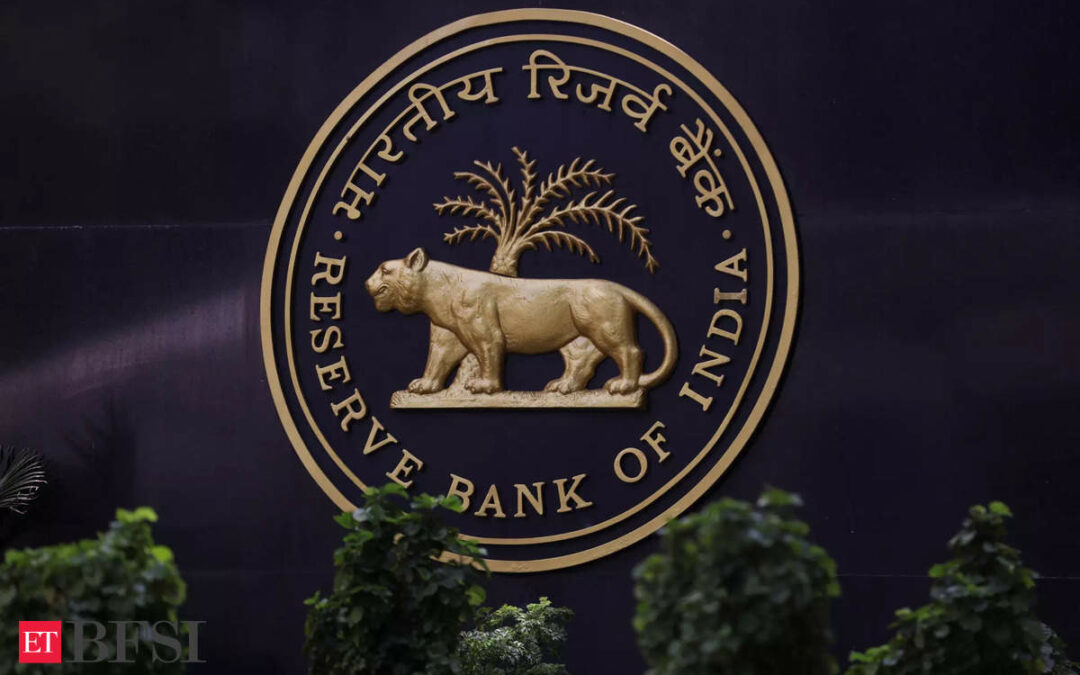The Reserve Bank of India (RBI) is unlikely to reduce interest rates in the first quarter of 2025 after it surged beyond its tolerance band in October, say analysts.
“We expect Nov’24 inflation numbers are likely to be closer to 5.3% and the average FY25 inflation numbers are now trending at 4.8%-4.9%, against RBI 4.5%. Inflation is only likely to dip from January onwards, but this will be driven by base effects. We are now less hopeful of a February rate cut. We believe the first rate cut is now effectively pushed back beyond Feb’25,” SBI Research said in a report.
India’s retail inflation surged to 6.21% in October 2024, the highest in 14 months, driven primarily by rising food prices. This marks the third consecutive month of increasing inflation, which has dimmed expectations of a rate cut in the near term.
“With the currency market being subject to turbulence , we believe a higher inflation number could act as a blessing in disguise for RBI not to signal a rate easing cycle,” the SBI Research report said.
Food prices bite
The steep rise in inflation was largely due to a sharp 42.2% jump in vegetable prices, contributing to a broader 9.69% increase in food and beverages inflation. Despite a continuous decline in fuel prices, which have been negative for 14 consecutive months, food inflation has remained the dominant factor driving overall inflation. Core CPI, which excludes food and fuel, also edged up to 3.76% in October, signaling broad-based price pressures.
Regionally, several major states reported inflation rates above the national average, with Chhattisgarh, Bihar, and Odisha seeing inflation rates of 8.8%, 7.9%, and 7.5%, respectively. In addition, the gap between urban and rural inflation trends persisted for the eighth straight month, with rural households facing inflation 1.07% higher than urban areas, primarily due to higher food costs.
With food inflation continuing to be the primary concern, inflation for November is expected to moderate slightly to around 5.3%, but the overall outlook for FY25 remains above 5%.
While retail prices for vegetables have shown signs of declining in November, CPI inflation is still projected to average 4.8% for the full fiscal year. As a result, the prospects of a rate cut, which had previously seemed likely for early 2025, now appear to be fading. The RBI is expected to hold rates steady to combat persistent inflation pressures, especially in the food segment, which will continue to play a crucial role in the inflation trajectory through the end of FY25.











